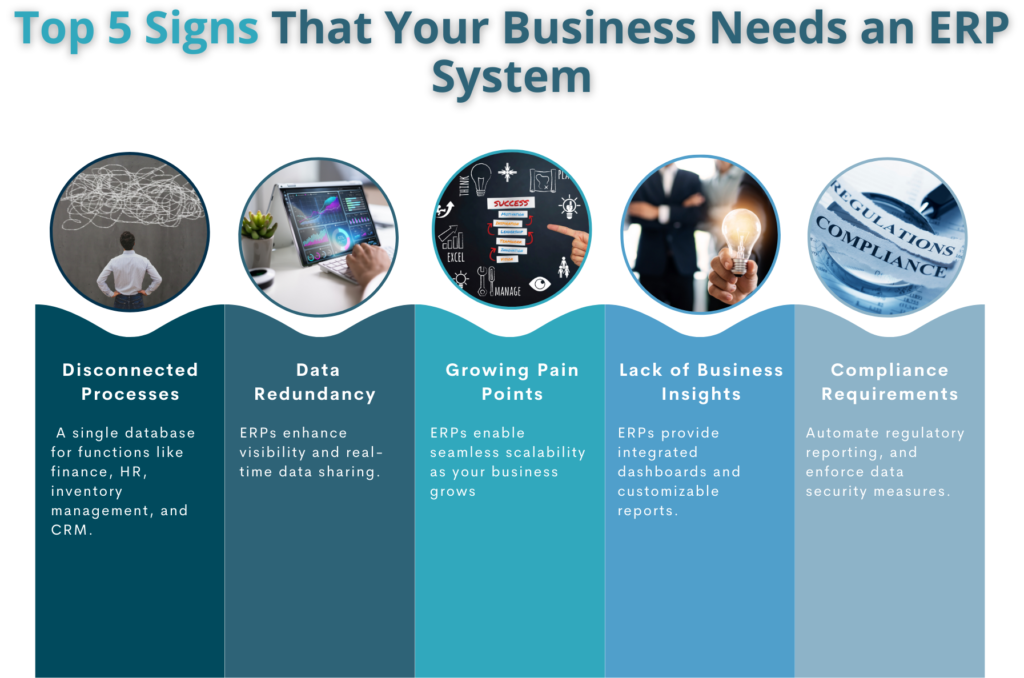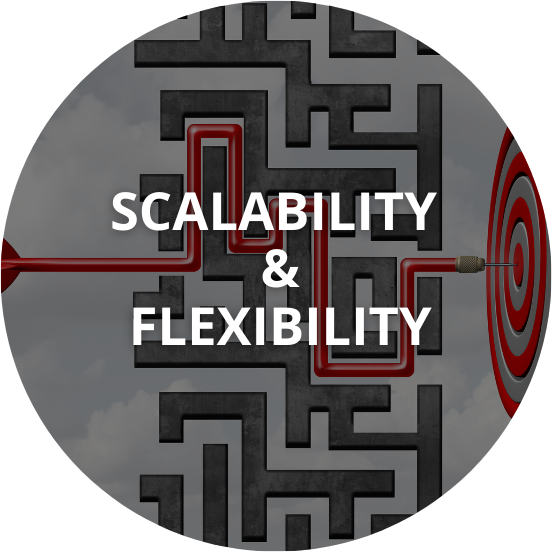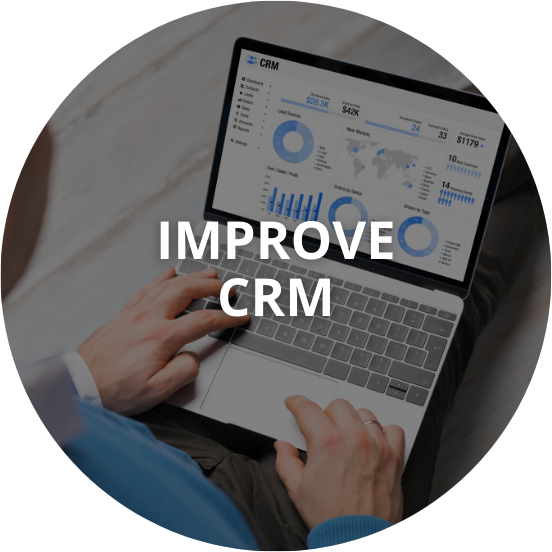Does My Business Need an ERP?
Does My Business Need an ERP?

Implementing an Enterprise Resource Planning (ERP) system can transform businesses, streamline processes, improve productivity, and enhance operational efficiency. How do you know if your business is ready for an ERP solution? In this article, we will explore the top five signs that indicate your readiness, the advantages of ERP for small businesses, and the key indicators to identify a reliable ERP implementation partner.
How to know your business is ready for an ERP system?

1.Complex and Disconnected Processes
First, if your organization struggles with complex and disconnected processes across departments, it might clearly indicate that you need an ERP system. An ERP solution helps integrate various functions like finance, HR, inventory management, and customer relationship management into a single database, eliminating silos and improving collaboration.
2. Data Redundancy and Inaccuracies:
Second, are you encountering data redundancy and inaccuracies due to manual data entry or multiple systems? If so, an ERP system can be the answer, as it centralizes data and automates processes. It empowers faster decision-making with enhanced visibility and real-time data sharing.
3.Growing Pain Points:
Third, as your business grows, certain pain points may arise, such as paper-based processes, repetitive tasks, and slow consolidation. ERP provides robust automated functionalities like inventory management, supply chain optimization, sales forecasting, and customer relationship management.
4. Lack of Business Insights
Are you struggling to obtain comprehensive business insights and generate meaningful reports? ERP systems offer powerful reporting and analytics that allow to extract valuable insights from data. With integrated dashboards and customizable reports, you can make informed decisions, and gain a competitive edge in your industry.
5.Increased Compliance and Regulatory Requirements
As regulations and compliance standards evolve, businesses face the challenge of ensuring adherence to these requirements. ERP systems are equipped with compliance features that can streamline processes, automate regulatory reporting, and enforce data security measures.
What is an ERP system?
An ERP (Enterprise Resource Planning) system is a software solution designed to automate and manage essential business processes, enabling organizations to achieve optimal performance and efficiency. ERPs allow businesses to manage and automate key operations with real-time data. This allows to improve efficiency, decision- making and productivity.
Advantages of an ERP System for Small Businesses
While Enterprise Resource Planning (ERP) systems are often associated with large corporations, their benefits extend to small businesses as well, the top 3 main advantages are:

Streamlined Operations and Efficiency
An ERP system eliminates data silos and manual processes by integrating various functions such as finance, inventory management, sales, and customer relationship management, an ERP system eliminates data silos and manual processes. This leads to increased operational efficiency, reduced errors, and improved productivity across the organization.

Scalability and Flexibility
Small businesses aim for growth, and an ERP system provides the scalability and flexibility required to support expansion. The software can adapt to changing needs, accommodate increased transaction volumes, and handle additional users or locations. This scalability ensures that your business processes remain efficient and effective, without requiring a major overhaul of systems and operations.

Improved Customer Relationship Management (CRM)
A strong customer base is crucial for small businesses, and an ERP system can significantly improve CRM capabilities. By integrating customer data, purchase history, and communication records, small companies can deliver personalized experiences, identify upselling or cross-selling opportunities, and provide better customer service. This strengthens customer relationships, increases customer satisfaction, and drives customer loyalty.
Finding the right partner
Choosing the right ERP implementation partner is crucial to the success of your ERP project. An experienced and competent partner can guide you through the implementation process, provide expertise, and ensure a smooth transition to your new ERP system. Let’s do a checklist to explore key indicators that signify a good ERP implementation partner.
The right partner checklist

Finding the right ERP implementation partner is crucial for a successful ERP project. Evaluate signs of readiness, embrace the advantages of ERP for small businesses, and carefully consider the indicators of a good ERP implementation partner. By choosing the right partner, you can ensure a smooth and successful ERP implementation that maximizes the benefits for your business.
See you on the next blog! -The Innormax Team
Finally, if you’re interested in learning how an ERP system could further help optimize your supply chain, you can always get in contact with us!

